Anand Gopal is a fellow at Type Media Center, a journalist covering the Middle East, and a scholar who studies political violence. His reporting on Syria, Iraq, and Afghanistan has appeared in The New Yorker, The New York Times Magazine, The Atlantic, and elsewhere. He is the author of “No Good Men Among the Living: America, the Taliban, and the War Through Afghan Eyes,” which won the Ridenhour Book Prize and was a finalist for the Pulitzer Prize as well as the National Book Award. Dr. Gopal has won the George Polk Award, the Overseas Press Club Award, and the National Magazine Award for his reporting from Iraq. He received his Ph.D. from Columbia University and is a professor at the Center for the Study of Religion and Conflict at Arizona State University.
Event Overview
In this webcast, a panel of leading scholars, journalists, and activists will take stock of the GWOT era and its widespread consequences. In the U.S. and elsewhere, “homeland security” has intersected with struggles over official Islamophobia, cross-border migration, Indigenous dispossession, and mass incarceration. Join us as Anand Gopal, Judith LeBlanc, Lyle Jeremy Rubin, Samar Al-Bulushi, and Tejasvi Nagaraja look back on the previous two decades and ahead to the future.
This is the second of two sessions offering expert reflection on the Global War on Terror, hosted by Tejasvi Nagaraja, Assistant Professor of History at Cornell University, and co-sponsored by Cornell’s Mario Einaudi Center for International Studies, American Studies Program, and the ILR School.
PREVIOUS CONVERSATION
Global War on Terror, Security Statecraft, and Racial Justice
RESOURCES / NEXT STEPS
Einaudi Center
We Are Not Your Soldiers Organization
Burning Country book
Common Defense Organization
Native Organization Alliance
What You'll Learn
- What “war” and “peace” mean for the livelihoods and labor among, for example, U.S. military recruits, Afghan farmers, and Kenyan working people.
- What “war” and “anti-war” mean to diverse sectors of people in Afghanistan, Iraq, Pakistan, Yemen, Somalia, Guantanamo Bay, Libya, Syria, Niger, and Iran.
- What “war” and “anti-war” mean to those people concerned with Indigenous sovereignty, Black Lives, migrant, and labor movements
Speakers
Judith LeBlanc is a citizen of the Caddo Tribe of Oklahoma and director of the Native Organizers Alliance, a national Native training and organizing network. In the last decade, NOA has built relationships with tribes, traditional societies, and grassroots community groups in Native communities and on reservations through Native community organizing training, strategic campaign planning, and support. Ms. LeBlanc also serves on the boards of IllumiNative as well as the NDN Collective.
Lyle Jeremy Rubin is a veteran of the war in Afghanistan. He is currently writing a book about masculinity, the military, and U.S. empire.
Samar Al-Bulushi is Assistant Professor of Anthropology at the University of California, Irvine. Her current book project, ”War-Making as World-Making: Subaltern Geographies of Imperial Warfare,” argues that post 9/11 war-making has become a form of world-making, as African states reconfigure and rebrand violence work — previously a marker of otherness — as a symbol of cosmopolitan modernity. The book takes seriously the range of actors on the continent who co-constitute, and in some cases resist, imperial warfare. Ms. Al-Bulushi is a contributing editor at Africa Is a Country and has published in a variety of public outlets on topics ranging from the International Criminal Court to the militarization of U.S. policy in Africa. Her writing and interviews have appeared in The Intercept, Africa Is a Country, Al-Jazeera, Pambazuka, Review of African Political Economy, and Warscapes.
Tejasvi Nagaraja is Assistant Professor of History at Cornell University’s ILR School. His research explores the intersections of U.S. labor and African American and foreign relations history. Professor Nagaraja is writing a book about America’s World War II experience and generation, reconstructing a far-flung war within the war — among Americans themselves. This transnational story weaves military-industrial labor battles, Black soldiers’ protests against policing and incarceration, and veterans’ debates about America’s role in the world. Professor Nagaraja earned his Ph.D. from New York University and has held fellowships at Harvard University, the New School, and the New York Historical Society. His writing has been published in the journal American Historical Review.
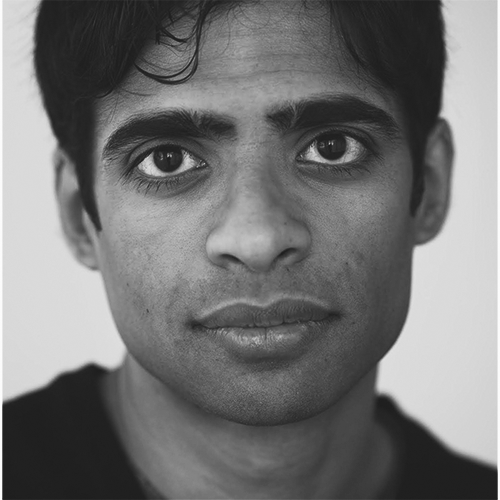
Anand Gopal is a fellow at Type Media Center, a journalist covering the Middle East, and a scholar who studies political violence. His reporting on Syria, Iraq, and Afghanistan has appeared in The New Yorker, The New York Times Magazine, The Atlantic, and elsewhere. He is the author of “No Good Men Among the Living: America, the Taliban, and the War Through Afghan Eyes,” which won the Ridenhour Book Prize and was a finalist for the Pulitzer Prize as well as the National Book Award. Dr. Gopal has won the George Polk Award, the Overseas Press Club Award, and the National Magazine Award for his reporting from Iraq. He received his Ph.D. from Columbia University and is a professor at the Center for the Study of Religion and Conflict at Arizona State University.
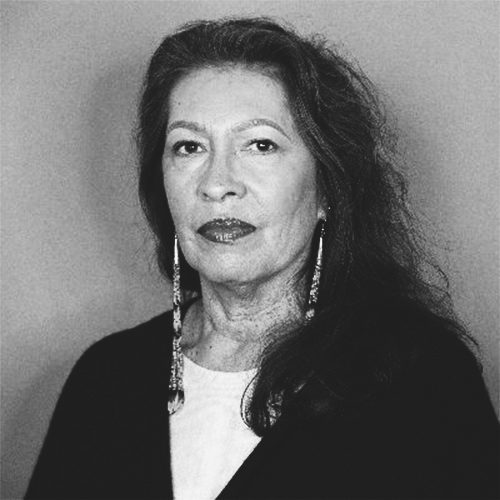
Judith LeBlanc is a citizen of the Caddo Tribe of Oklahoma and director of the Native Organizers Alliance, a national Native training and organizing network. In the last decade, NOA has built relationships with tribes, traditional societies, and grassroots community groups in Native communities and on reservations through Native community organizing training, strategic campaign planning, and support. Ms. LeBlanc also serves on the boards of IllumiNative as well as the NDN Collective.
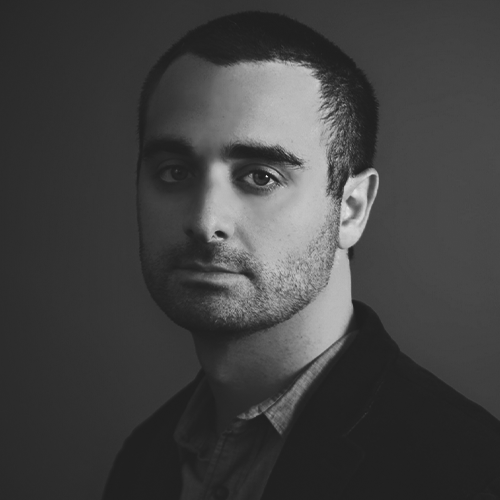
Lyle Jeremy Rubin is a veteran of the war in Afghanistan. He is currently writing a book about masculinity, the military, and U.S. empire.
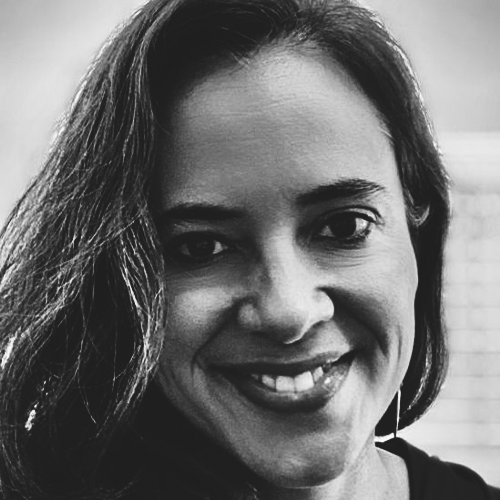
Samar Al-Bulushi is Assistant Professor of Anthropology at the University of California, Irvine. Her current book project, ”War-Making as World-Making: Subaltern Geographies of Imperial Warfare,” argues that post 9/11 war-making has become a form of world-making, as African states reconfigure and rebrand violence work — previously a marker of otherness — as a symbol of cosmopolitan modernity. The book takes seriously the range of actors on the continent who co-constitute, and in some cases resist, imperial warfare. Ms. Al-Bulushi is a contributing editor at Africa Is a Country and has published in a variety of public outlets on topics ranging from the International Criminal Court to the militarization of U.S. policy in Africa. Her writing and interviews have appeared in The Intercept, Africa Is a Country, Al-Jazeera, Pambazuka, Review of African Political Economy, and Warscapes.
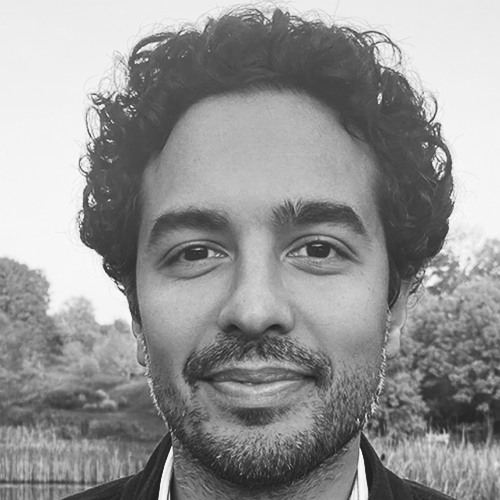
Tejasvi Nagaraja is Assistant Professor of History at Cornell University’s ILR School. His research explores the intersections of U.S. labor and African American and foreign relations history. Professor Nagaraja is writing a book about America’s World War II experience and generation, reconstructing a far-flung war within the war — among Americans themselves. This transnational story weaves military-industrial labor battles, Black soldiers’ protests against policing and incarceration, and veterans’ debates about America’s role in the world. Professor Nagaraja earned his Ph.D. from New York University and has held fellowships at Harvard University, the New School, and the New York Historical Society. His writing has been published in the journal American Historical Review.
- View slide #1
- View slide #2
- View slide #3
- View slide #4
- View slide #5
View Keynote by completing the form below.
You're Registered!
https://ecornell.cornell.edu/keynotes/view/K120721/
Add to Calendar 3:00 PM - 5:00 PM EST
In this webcast, a panel of leading scholars, journalists, and activists will take stock of the GWOT era and its widespread consequences. In the U.S. and elsewhere, “homeland security” has intersected with struggles over official Islamophobia, cross-border migration, Indigenous dispossession, and mass incarceration. Join us as Anand Gopal, Judith LeBlanc, Lyle Jeremy Rubin, Samar Al-Bulushi, and Tejasvi Nagaraja look back on the previous two decades and ahead to the future.
This is the second of two sessions offering expert reflection on the Global War on Terror, hosted by Tejasvi Nagaraja, Assistant Professor of History at Cornell University, and co-sponsored by Cornell’s Mario Einaudi Center for International Studies, American Studies Program, and the ILR School.
PREVIOUS CONVERSATION
Global War on Terror, Security Statecraft, and Racial Justice
RESOURCES / NEXT STEPS
Einaudi Center
We Are Not Your Soldiers Organization
Burning Country book
Common Defense Organization
Native Organization Alliancehttps://ecornell.cornell.edu/keynotes/view/K120721/primaryAmerica/New_YorkeCornell
